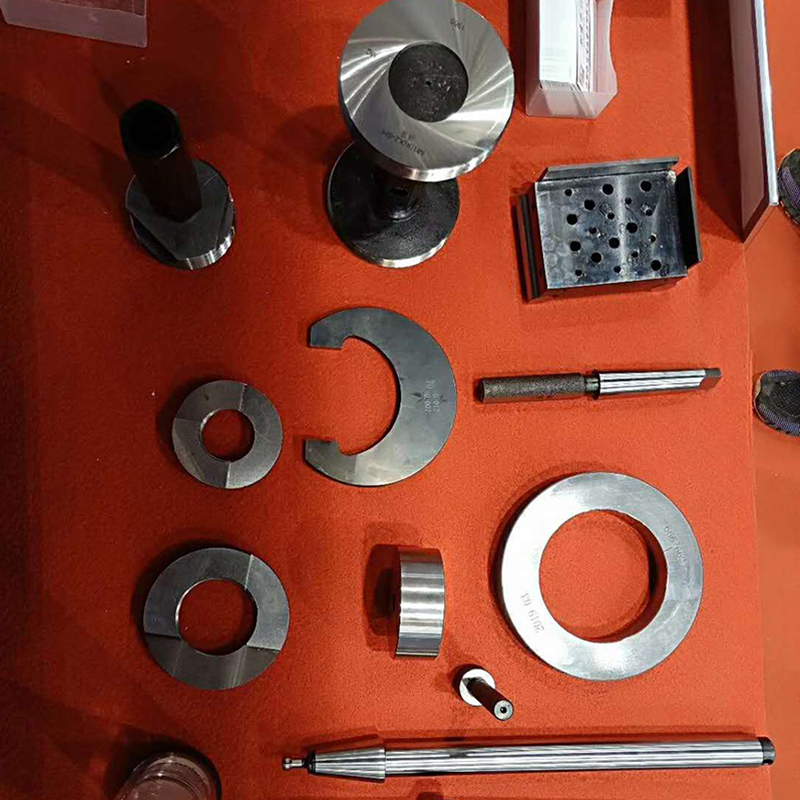Říj . 18, 2024 20:07 Back to list
Understanding the Functionality of Stop and Check Valves in Piping Systems
Understanding Stop and Check Valves Essential Components in Fluid Control Systems
In the realm of fluid control systems, the importance of valves cannot be understated. Among them, stop and check valves play critical roles in ensuring the efficiency and safety of various operations. This article delves into the functions, types, and applications of these essential components, illustrating why they are vital in numerous industries.
What are Stop and Check Valves?
A stop valve, as the name suggests, is designed to shut off the flow of liquid or gas in a pipeline. Its primary function is to regulate the flow and prevent any backflow, serving as a key component in managing fluid dynamics. On the other hand, a check valve is designed to allow fluid to flow in one direction while preventing backflow, thus protecting equipment and maintaining system pressure.
Functions of Stop and Check Valves
The primary functions of stop and check valves include
1. Flow Control Stop valves can selectively shut off the flow of fluid when maintenance needs arise. This ability to isolate sections of a pipeline is crucial in preventing spills and accidents during repairs.
2. Backflow Prevention Check valves ensure that fluid does not reverse its direction, which could cause equipment failure or contamination. This is particularly critical in systems where flow direction is vital for operational integrity.
3. Pressure Management Both types of valves help maintain appropriate pressure levels within a system. Unexpected pressure drops or changes can lead to mechanical failures or leaks, making these valves indispensable for reliable operation.
Types of Stop and Check Valves
Both stop and check valves come in various designs suited to different applications
- Gate Valves Commonly used as stop valves, gate valves offer minimal resistance to flow when fully opened. They are often used in water supply and sewage systems.
stop and check valve

- Globe Valves These valves provide good throttling capability, making them ideal for applications where precise flow regulation is required.
- Swing Check Valves A type of check valve that operates with a swinging disc. It opens with forward flow and closes when flow stops, making it suitable for high-velocity applications.
- Spring-loaded Check Valves These valves use a spring mechanism to close the valve upon reverse flow, providing reliable backflow prevention in systems with fluctuating pressures.
Applications of Stop and Check Valves
Stop and check valves find applications across various industries
- Water Supply and Treatment In municipal water systems, these valves help control water distribution and prevent contamination from backflow.
- Oil and Gas In pipelines transporting oil and gas, stop and check valves are vital for maintaining pressure and ensuring safe operations.
- Chemical Processing In the chemical industry, these valves prevent cross-contamination and maintain the integrity of chemical processes.
- HVAC Systems In heating, ventilation, and air conditioning systems, they regulate flow, contributing to energy efficiency and system performance.
Conclusion
Stop and check valves are crucial components in fluid control systems, ensuring the safety, efficiency, and reliability of operations across various industries. By regulating flow, preventing backflow, and managing pressure, these valves help maintain the integrity of complex systems. As industries continue to evolve and expand, the role of stop and check valves remains indispensable, underscoring their significance in modern engineering and technology.
In summary, understanding the functions and applications of stop and check valves is essential for anyone involved in fluid management systems. As technology advances, continuous innovation in valve design and functionality will further enhance their effectiveness, paving the way for safer and more efficient fluid handling solutions.
-
Precision Manufacturing with Advanced Spline Gauge DesignNewsJul.31,2025
-
Industrial-Grade Calibrated Pin Gauges for Exact MeasurementsNewsJul.31,2025
-
Industrial Filtration Systems Depend on Quality Filter DN50 SolutionsNewsJul.31,2025
-
High-Performance Gate Valve WholesaleNewsJul.31,2025
-
Granite Surface Plate The Ultimate Solution for Precision MeasurementNewsJul.31,2025
-
Granite Industrial Tools The Ultimate Guide for Bulk BuyersNewsJul.31,2025
Related PRODUCTS









